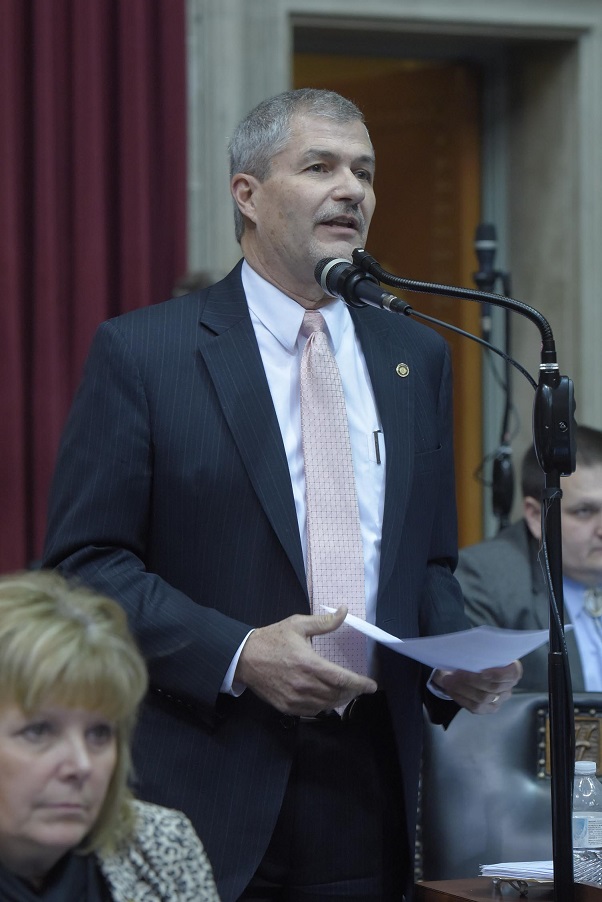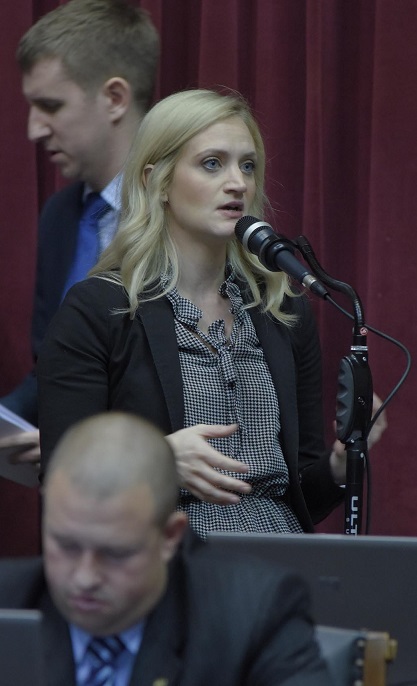The Missouri House has voted to allow those suffering from terminal and debilitating conditions to use medical marijuana. The proposal now goes to the state Senate for consideration.

House Bill 1554 would expand on a law passed in 2014 that allows the use of a cannabis extract, cannabidiol (CBD) oil, to treat intractable epilepsy. If HB 1554 became law, a patient suffering from conditions including cancer, HIV, Parkinson’s disease, multiple sclerosis, and post-traumatic stress disorder could use medical marijuana if a doctor signs a statement saying he or she could benefit from its use and that all options approved by the Food and Drug Administration have been considered.
The House voted 112-44 to send that bill to the Senate, but some Republicans spoke against IT even though it is sponsored by one of their fellows.
Pacific Republican Kirk Mathews said the legislative process is not the proper way for a drug to be approved.
He also argued that the bill is too broad in what conditions it would allow medical marijuana to be used for, because it would allow the Department of Health and Senior Services to add conditions to that list if at least ten physicians sign a petition calling for it to be added.
“We don’t know what conditions we are allowing this to be used for if we pass this bill,” said Mathews.
Representative J. Eggleston (R-Maysville) said passing HB 1554 would send Missouri down a similar path to that the nation has taken with opioids. Those are now seen as the crux of a health crisis, but they started off as a way to treat pain.

The bill was sent to the Senate on the strength of bipartisan support. Representative Clem Smith (D-Velda Village Hills) told bill sponsor Jim Neely (R-Camdenton), who is a doctor, that he hoped the bill would become law.
The bill also earned support from some in House leadership, including the Majority Floor Leader, Rob Vescovo (R-Arnold).
“I think [Representative Neely] has done a fantastic, fabulous job, channeling this down to what the members of this body wanted to see,” said Vescovo. “I’m going to go ahead and cast my vote for the terminally ill in my district and across the state.”
HB 1554 goes to the Senate with less than three weeks remaining in the legislative session.
Earlier stories:
Missouri House considers legalizing medical use of marijuana
Bill to legalize limited medical marijuana heard in House committee




